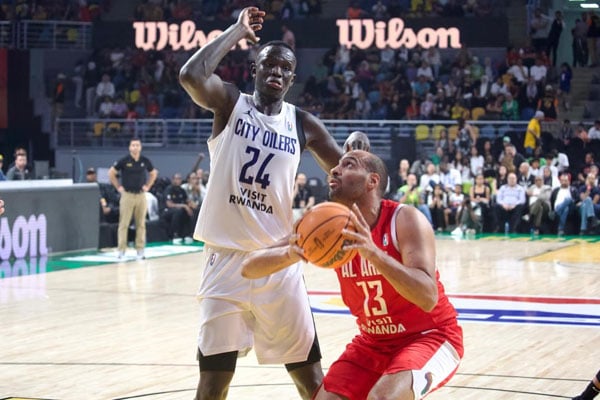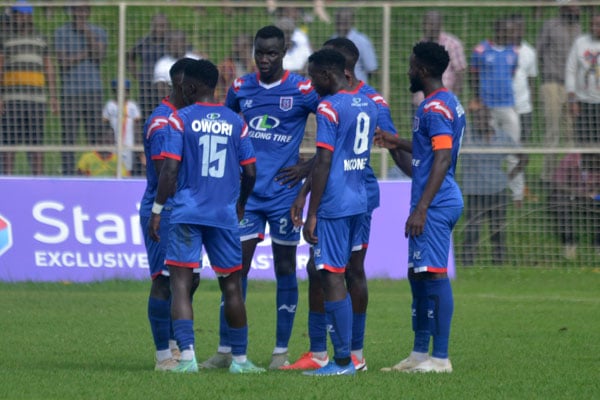The World Cup; an Intellectual Property tournament

IVAN OJAKOL
What you need to know:
An Intellectual Property rights side-show more or less competing for attention with the main event is not a rare phenomenon if you recall what happens with the Olympics every four-year cycle.
As is commonplace around this time whenever big sports events are around the corner, international sports governing organizations issue cease and desist letters to all and sundry in attempts to curb the infringement of their trademarks, logos, symbols et al.
An Intellectual Property rights side-show more or less competing for attention with the main event is not a rare phenomenon if you recall what happens with the Olympics every four-year cycle.
Intellectual Property (IP) Scholars have often posited that on-field sports activity ideally does not attract IP protection because it does not meet the requirements of copyright ability; how for instance do you determine the authorship of a football trick which might even be spontaneous and not pre-planned by a footballer and if it is planned in training for instance, who is the author, the coach or the players?
The Court of Justice of the European Union has added voice to this and stated that “mere skill” does not create an intellectual creation that is worth IP protection, it must be “a work”.
In my article last week, I referred to what is termed “The Field of Play” doctrine, this doctrine is also a bar to IP protection for football that happens on the pitch.
It generally stipulates that the rules of the game should take the day when it comes to interpreting sports rules whenever a controversy arises other than in a Court of Law or tribunal.
So, if the rules provide for how a penalty accrues in football, and how it should be executed, it is those rules that should be deferred to other than a Court except in rare circumstances.
Some opponents argue that some on-field skills or creativity can qualify or potentially qualify for IP protection had the football players associated with them sought their protection like “The Cruyff-Turn” or “the Panenka”-copyrightable?
Of course, that would come with negative ramifications for football as other footballers would not be allowed to use the same skills and in the long run, there would also be implications for the videoing and broadcasting of those skills.
Fifa normally registers trademarks for its World Cups in the host state for example the “FIFA WORLD CUP 2014” and “FIFA WORLD CUP 2018” exist as registered trademarks in both Brazil and Russia respectively.
Fifa argues that it does this to protect the World Cup brand, ensure that we, the consumers of the global spectacle have a fun and safe experience by prohibiting ambush marketing, and perhaps most importantly, protect the rights of the official sponsors.
In its efforts to commercialize this event as much as possible, Fifa has been accused of going over and beyond the ambit of Trademark Law. A trademark must not be merely descriptive-the aforementioned Fifa trademarks if looked at critically can pass off as descriptive and not distinctive of the World Cup product. This has been previously adjudicated by a German Court in 2006 which refused the grant of the Trademark, “FIFA WORLD CUP 2006”. A Swiss Court held similarly in a dispute between Fifa and Puma earlier this year over trademarks concerning the Qatar World Cup. These decisions reflect negatively on the Trademark offices that have granted these Fifa trademarks elsewhere.
Further still, in line with the “principle of territoriality” which connotes that trademarks must be individually registered in each country for them to be validly protected, many a time, Fifa does not register its trademarks in each country where they have member federations but still try to assert their rights over these unregistered marks.
It is also worth noting that a so-called autonomous body has to register its trademarks under the laws of nation states.
Ojakol is a sports lawyer, partner at Matrix Advocates and Lecturer at IUEA




